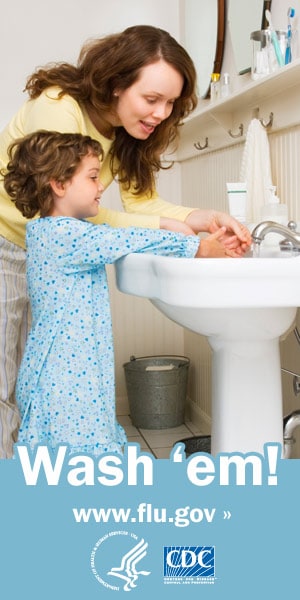The beverages, marketed to enhance cognitive function and stamina, usually contain caffeine, taurine, sugars, vitamins, and other nutritional supplements, Dr. James S. Kalus, at Henry Ford Hospital in Detroit, and co-authors note in The Annals of Pharmacotherapy for April. The potential hemodynamic or electrocardiographic effects of energy drinks have not been studied.
To look into this, the researchers studied 15 healthy volunteers, 20-39 years of age, who abstained from other dietary sources of caffeine, beginning 48 hours prior to baseline.
The subjects drank 500 mL (2 cans, each containing 100 mg taurine and 100 mg caffeine) of an energy drink over 30 minutes daily for 7 days. On days 1 and 7, blood pressure, heart rate, and electrocardiograms were obtained prior to consuming the drinks and 5 times during the 4 hours afterward.
Mean heart rate increased significantly from baseline by 7.8% on day 1 and by 11.0% on day 7; corresponding increases for systolic blood pressure were 7.9% and 9.6%, and for diastolic blood pressure, 7.0% and 7.8%. EKG parameters did not change significantly.
"Increases in blood pressure and heart rate of the magnitude observed in our study could be significant in persons with known cardiovascular disease," Dr. Kalus and his associates maintain, especially in patients who exhibit impaired baroreflex buffering in response to vasoactive substances. Young individuals with undiagnosed, premature cardiovascular disease could also be at risk.
They advise clinicians that "consumption of these drinks could, theoretically, be a frequently overlooked cause of altered medication effectiveness or even hospital admissions or emergency department visits."
Ann Pharmacother 2009;43.
Copied from http://www.medscape.com/viewarticle/590582?src=mp&spon=24&uac=3980SX


No comments:
Post a Comment